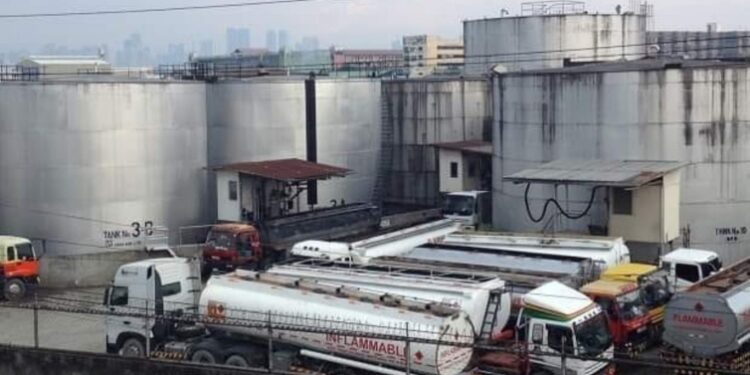OMCs Slash Fuel Prices Again Amid Fierce Market Competition
Some Oil Marketing Companies (OMCs) in Ghana have again reduced prices of petroleum products at the pumps, marking the second downward adjustment within the second pricing window of June 2025.
The price cuts, according to sources, are being driven largely by stiff competition among major market players, as a price war intensifies within the downstream petroleum sector.
Price Reductions Across Board
Market leader Star Oil on Wednesday, June 19, reduced the price of petrol from GH₵10.99 per litre to GH₵10.80. Diesel prices were also slashed from GH₵12.77 to GH₵12.13 per litre.
Another key player, Allied Oil, is also set to implement further price cuts effective Thursday, June 20. The company, which was previously selling petrol at GH₵10.97 per litre as of June 16, has now reduced its pump price to GH₵10.75.
Zen Petroleum has also adjusted its petrol price downward, matching Allied’s price of GH₵10.75 per litre.
However, a closer look at recent pricing trends indicates a marginal increase in diesel prices across some pumps since June 16. The specific factors contributing to this marginal rise remain unclear.
Impact of Deregulation and Cedi Strength
The persistent price adjustments underscore the influence of Ghana’s Price Deregulation Policy introduced in 2015, which sought to allow market competition—alongside global price trends—to determine pump prices.
Industry watchers note that the Ghana cedi’s recent appreciation has been instrumental in cushioning domestic fuel prices, with prices at the pumps declining more than six times in recent months.
Possible Upward Adjustment in July
Despite the current reductions, some OMCs have indicated that prices may rise beginning July 1 if geopolitical tensions in the Middle East, particularly the ongoing conflict between Israel and Iran, persist.
Since the onset of the conflict, international crude oil prices have surged from $66 to about $76 per barrel, raising concerns over future pricing volatility.
Nonetheless, some analysts believe further strengthening of the Ghana cedi could offset the impact of a projected 5% or more increase in global crude prices, helping maintain relative stability at the local pumps.








